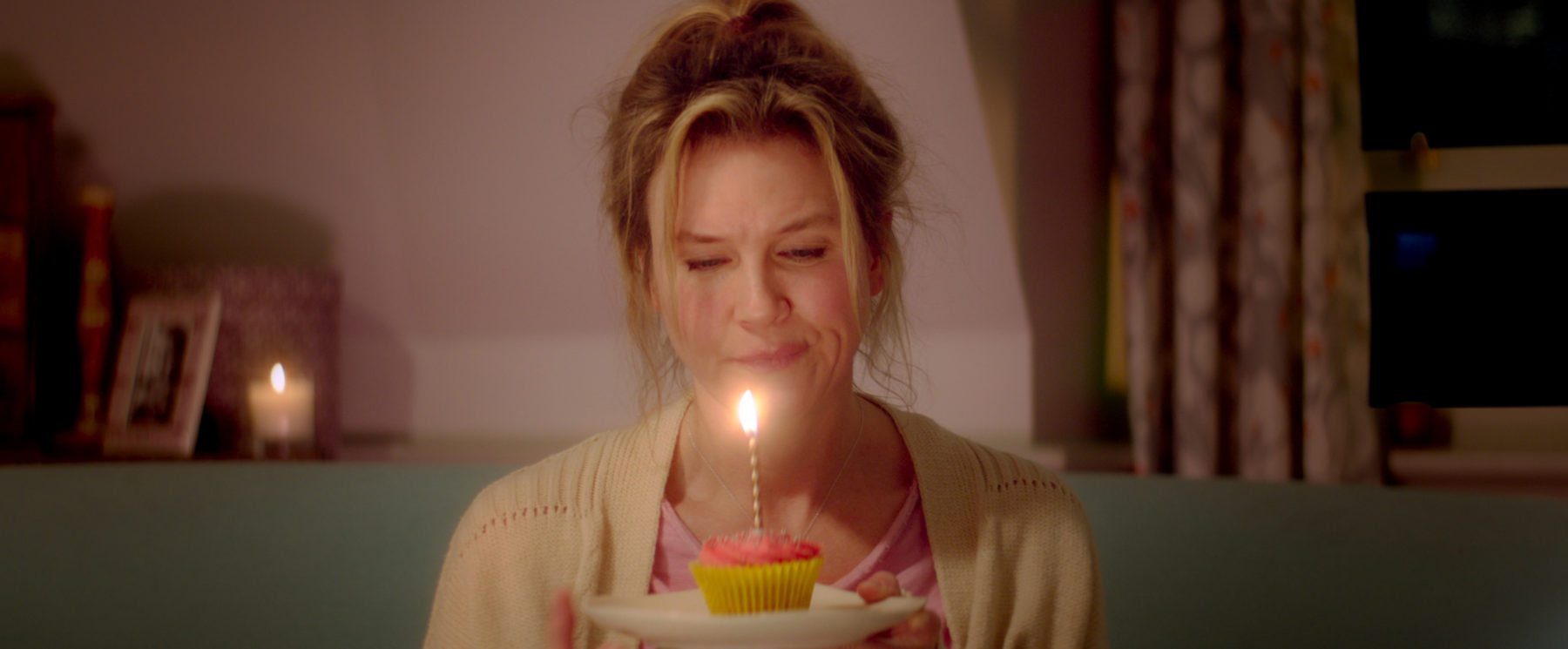Bridget Jones: Relatable or Total Shambles?
Total Shambles: Not an icon fit for the 21st century
Bridget Jones is a terrible role model. I’ve my teenage years soaking up the Bridget phenomenon through Helen Fielding’s books and films, but finally I see it clearly. Bridget leads exactly the kind of life women should try to avoid: she obsesses over her weight and self-image; relies on men to feel complete and valid as a woman; and is incapable of finding any sense of fulfilment in spending time on her own or advancing her career.
In the first two films, Bridget wastes her thirties stressing that she doesn’t have a boyfriend and, when she finally does, worrying that he isn’t ‘Mr Right’. Instead of embracing the freedom of her life alone, she spends her evenings wallowing eating ice cream and reading self-help books about how to snare a man. This supposedly ‘modern’ woman is nothing but a shell, waiting for her Prince Charming (or Mr Darcy) to come along and make her life complete. Perhaps if she were created today she wouldn’t be hailed as a feminist icon and her body-shaming and men-dependent attitude would be mocked for what it is: utterly pathetic.
The most recent film, Bridget Jones’ Baby, revisits Bridget twenty years later and, depressingly, nothing seems to have changed. Bridget is an executive producer on a television news programme, the kind of job most humanities graduates can only dream about, and yet screen time is given to her conducting bogus interviews and discussing her sex life rather than actually trying to do something positive through the news she broadcasts. The story, supposedly about her pregnancy, feels more like a guessing-game of the father of her child than an examination of Bridget’s road to motherhood.
Whats more, Mark Darcy, Bridget’s ‘perfect man’ who she loses much sleep over, is perhaps the dullest bloke on earth. His opening line in the first novel of ‘Have you read any good books recently?’ feels pathetic even to the most avid reader, and his conversational skills don’t seem to improve over the twenty years of character development. Bridget spending the best part of her adult life agonising over him just feels like a bit of a waste of time.
I’m ashamed of how long I spent relating myself to Bridget and laughing over our similarities. She doesn’t live a life to aspire towards: she’s a coward who’s too afraid to embrace life for herself and so waits for a man to do it for her. Unlike Bridget Jones, we shouldn’t be waiting around to find our Mr Darcy – we should go out and find ourselves.
Imogen Cooper
Relatable: A comfort to the modern woman
By the book, Bridget Jones (Renee Zellweger) could hardly be considered a role model for young girls – she smokes, she drinks, she has one-night stands using out-of-date contraception…the list goes on. But, despite this, the most recent film is still attracting audiences in their swarms.
I can’t help but think that if Bridget had been held up as a role model for young women, the franchise would have been far less successful. The seemingly unending appeal of Bridget Jones, for me, comes from the fact that she isn’t necessarily a role model, but something better – she’s relatable.
When Helen Fielding published the first novel in the 1990s, women from all over the world fell in love with the concept of Bridget Jones. Her less than perfect love life, failing diets and empty fridges reflected their own experiences, and allowed them to laugh at them rather than feel inadequate. Bridget hadn’t fulfilled the milestones middle-class lifestyle had expected from her by her 30th birthday, so why should they?
The Bridget of the most recent Bridget Jones’s Baby is different, however. Whilst we’d previously seen her struggle to lose weight, mess up at her job by having an affair with her boss, and embarrassing herself numerous times in front of Mark Darcy, this Bridget was more sophisticated. Now working as a (relatively) successful television producer, Bridget has given up smoking, is at her goal weight and, at 43, is single again – and pregnant.
There’s no doubt that using out of date contraception and leading two men to believe that they could be the father of your chid is irresponsible. – but surely that goes without saying. For me, Bridget Jones’s Baby reflected the family dynamics of the 21st century.
She’s called a ‘geriatric’ mother throughout the film, as pregnant women over 40 tend to be, but with women having children later and allowing time for their careers to blossom beforehand it seems that the ‘geriatric mother’ could be more common. The film used comedy to make light of the situation of having a baby later than expected, and in less-than-normal circumstances, and by doing so normalised the situation many women who have children later in life find themselves in.
Bridget Jones is not your typical role model – but her character appeals to women because of just this, and if the recent film shows anything, it’s that you don’t have to live your life according to social rules.
Beth Thomas

Comments